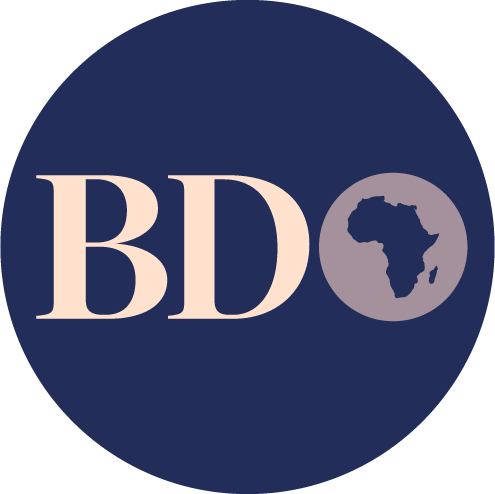Dr Karan Gandhi’s medical journey began at the University of Nairobi and later at the University of Cape Town, where he pursued specialised training in general surgery.
His focus lies in hepatobiliary surgery, a field demanding surgical expertise for complex conditions related to the liver, gallbladder, and pancreas, including endoscopic and advanced procedures with minimally invasive procedures.
“From a young age, I wanted to be a doctor. The choice to be a surgeon solidified early in medical school, and the choice of hepatobiliary surgery became clear after encountering my mentor, Prof Eduard Jonas, during my training in Cape Town. His influence shaped my decision to pursue this challenging yet rewarding field.”
A typical day in my life as a hepatobiliary surgeon is multifaceted from conducting rounds to check on patients to managing outpatient clinics and other clinical duties. Surgical responsibilities include planned and emergency surgeries, often extending into night hours.
"Building on this success, he and his mentor have established multidisciplinary team meetings for various hepatobiliary conditions, along with teams across sub-Saharan Africa."
“It is humbling to be nominated for the Top 40 under 40. Recognition for our work is not the primary motivation, but receiving the acknowledgement is genuinely heartening,” he says.
Hepatobiliary surgery is in its early stages in Kenya, and because of the training he has received from global experts, Dr Gandhi says he is uniquely positioned.
“What sets me apart is not just my personal journey but the collaborations I’ve fostered,” he observes, adding, “An excellent example is our multidisciplinary team meetings at Kenyatta National Hospital. Every Tuesday morning, virtually, we discuss cases of patients with specific compatibility conditions. This involves thorough assessments, including histories, examinations, and imaging reviews like radiology CT scans. The information gathered guides us in making the best decision plan for these complex cases.”
Building on this success, he and his mentor have established multidisciplinary team meetings for various hepatobiliary conditions, along with teams across sub-Saharan Africa. This includes expanding discussions beyond liver cancer to encompass pancreatic cancer, liver cancers, bile duct cancers, and other benign conditions requiring treatment.
These collaborative efforts serve as a platform to exchange ideas, benefit from experienced opinions, and ultimately translate into improved patient care. Importantly, he points out, it becomes an invaluable educational resource for our junior colleagues.
“My impact extends beyond surgery; it’s about teaching and collaborating. The opportunity to teach and engage in multidisciplinary team meetings, training programs, and collaborations with international mentors elevates patient care standards. The goal is to create a healthcare landscape where expertise isn’t centralised but benefits individuals from all corners of the country, translating into enhanced patient care.”
Lillys Njeru

